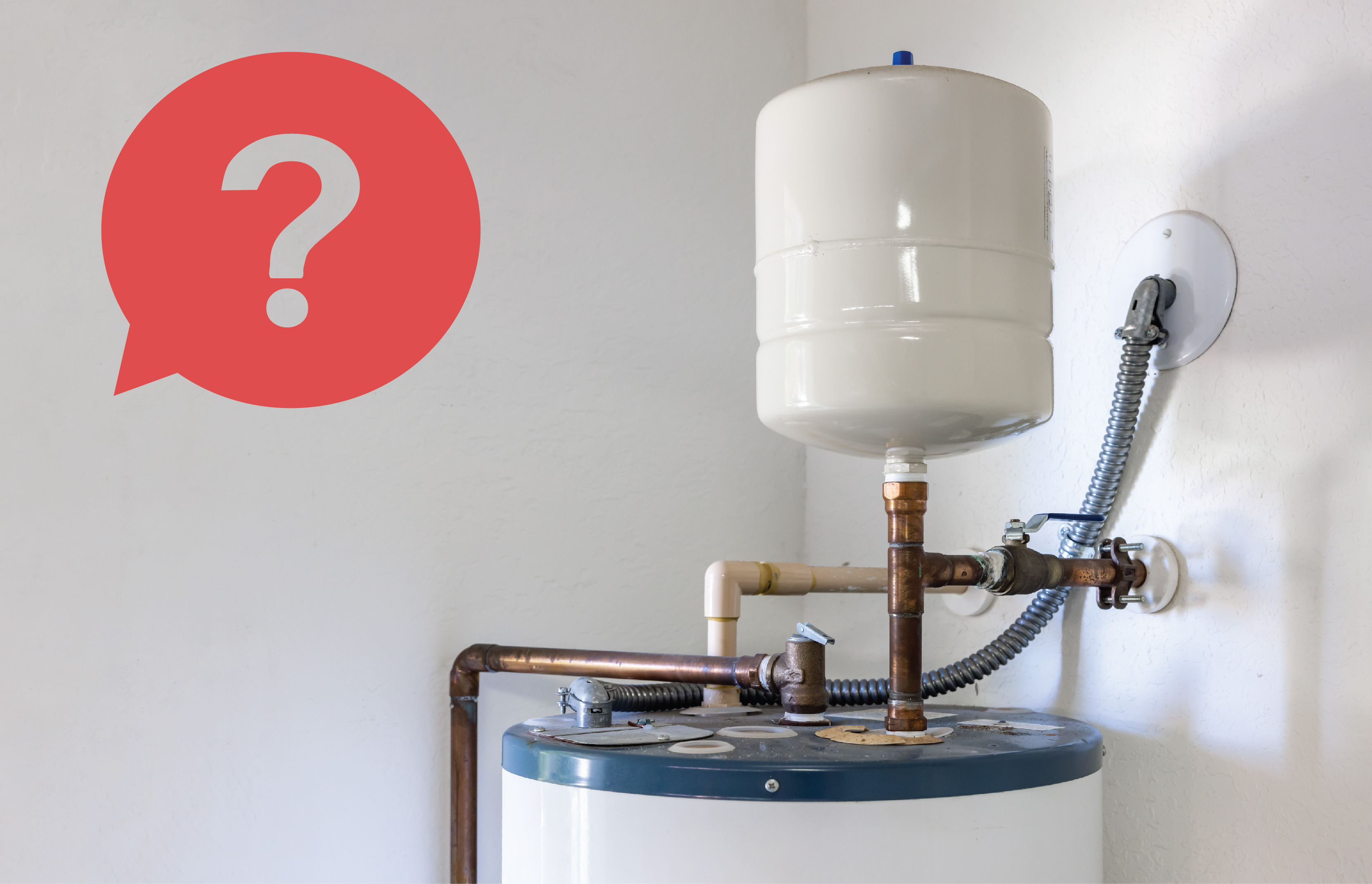
Signs It’s Time To Replace Your Home’s Water Heater
Imagine waking up in the morning, looking forward to a steaming hot shower, only to find that your water heater called it quits overnight. It’s the last thing anyone wants to deal with, but it’s a reality many homeowners face. Your water heater is a workhorse, providing comfort and sanitation year-round, but it’s not invincible. Like all good things, it has an expiration date. Here are some telltale signs it’s time to replace your home’s water heater.
What’s That Noise?
When your water heater starts acting like an avant-garde percussionist, it’s trying to tell you something. Pops, bangs, and cracks often indicate sediment buildup or a failing heating element. This not only leads to a lack of hot water but is also a fire hazard. If your water heater regularly makes uncharacteristic noises, it’s time to investigate or call a professional.
That’s Not What I Ordered
If you’re seeing a rusty discoloration in your hot water, it’s a clear sign of internal corrosion, which is a death knell for your water heater. The rusty water is unpleasant and indicates the tank is deteriorating. The deterioration can lead to leaks and, in extreme cases, flooding. Take a glass; if it’s still rusty when you allow it to settle, you’re in for major water heater troubles.
Getting Old and Tired
Water heaters aren’t immortal. Most have an expected lifespan of around 10 to 15 years, with some tankless models pushing up to 20. If your water heater is nearing or past this mark, it’s living on borrowed time. Even if it’s not showing any immediate signs of failure, wise homeowners will start budgeting for a new unit or, better yet, look at energy-efficient options before an emergency strikes.
The Eco-Friendly Water Heater Revolution
When it does come time to replace your water heater, take the opportunity to explore different types of systems available, from tankless to solar-operated. These systems provide hot water more efficiently and also slash your energy bills while reducing your home’s carbon footprint. It’s a win for the environment and your wallet.
Upgrade Time
Replacing a home’s water heater is quite a chore, especially if you’ve never done it before or struggle to recognize the signs. Checking different types of water heaters and weighing costs against benefits is a good start. Finding a reliable installer is also crucial, and you should remember to consider factors like the size of the unit and its installation requirements.
A water heater is more than just another appliance in your home; it’s the key to comfort and health for you and your family. Not waiting for disaster to strike and following these top home maintenance tips can make sure your water heater is healthy, saving you time and headaches. Watch for the signs; when they appear, be proactive, and get ahead of the issue. Your future showers will thank you.


